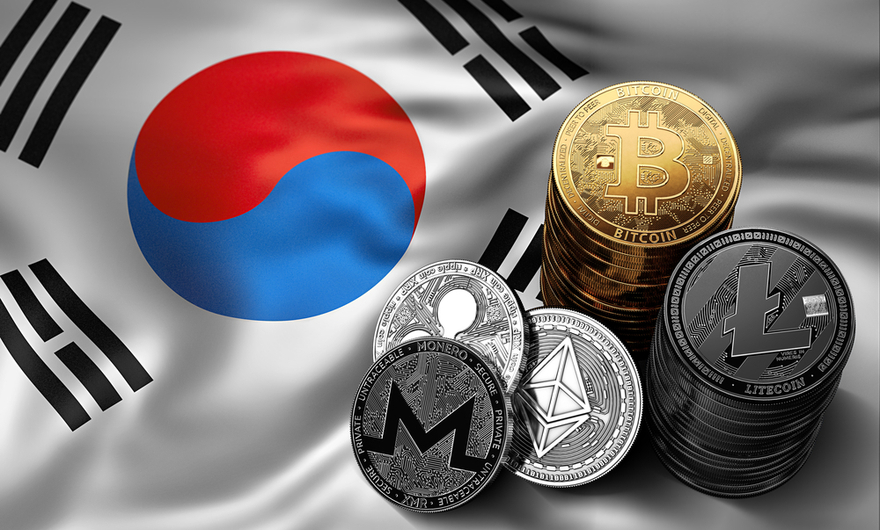The governor of the Bank of Korea has suggested that cryptocurrency trades from South Korean citizens are a potential threat to the country’s financial system. Increased trading of virtual assets – known for their volatile pricing – is threatening to leave the nation’s financial system at risk of instability, according to the Governor of the Bank of Korea, Lee Ju-yeol, in a statement made earlier in the week.
Lee Ju-yeol told reporters:
An excessive level of leveraged cryptocurrency trading puts households at risk of financial damages considering the instability of (cryptocurrency). We expect (the increasing amount of crypto trading) to have a negative impact on the financial system in any respect.”
Lee then went on to pledge that he aims to monitor all monetary transactions made by Korean financial entities which are openly associated with leveraged cryptocurrency transactions closely. In doing so, Lee has suggested that measures may be put in place in an attempt to impose restrictions on new loans being taken out, following defaults by borrowers threatening the possibility of a spillover effect on the banking system across the entire nation.
These statements from Lee may not come as a surprise from those who know the governor’s policies, the chief who takes the title of being the second-longest-serving in his position having previously taken a similar stance on cryptocurrency in recent years.
Lee has suggested that the central bank needs to engage in “close cooperation to address the cryptocurrency-related (issues),” alongside financial institutions to take a stand on digital asset trade. Back in April of this year, Lee stated that Korea’s financial system was facing “huge constraints” to acknowledge virtual assets as a legitimate means of currency. He also went on to reaffirm his viewpoint that cryptocurrencies have no intrinsic worth.
More Korean households are effectively being encouraged to take out loans – predominantly as a hedge to counteract inflation when it comes to making investments – due to the ample liquidity in the low-interest environment in question.
The Bank of Korea said that the country’s outstanding debt for households totals around 1,666 trillion won ($1.5 trillion) as of the end of March this year. This volume saw a reported rise by 35 trillion during the first quarter – a figure which is up threefold in comparison with the figures recorded in 2020.
Iran recently issued a ban on the mining of cryptocurrency for as long as four months following country-wide power outages. The intensive industry is said to have contributed to blackouts for households and businesses across Iran, with outages lasting as long as six hours a day in recent weeks. And the intensified crackdown on bitcoin trading and mining by Beijing also saw miners halt their business in China.
